Indian Army To Return To 2020 LAC Patrolling: Jaishankar On Indo-China Pact
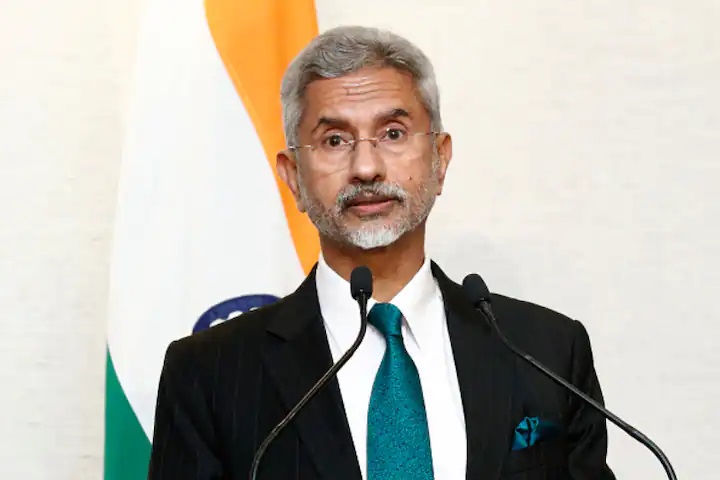
- Jaishankar stated that the LAC breakthrough has "just happened" in relation to trade, and as a result, he "would not go so fast at the moment."
- Foreign Secretary Misri announced on Monday that an agreement had been reached with China on patrolling arrangements at the remaining friction points along the LAC in eastern Ladakh.
External Affairs Minister S Jaishankar declared on Monday the Indian and Chinese soldiers will resume patrolling the Line of Actual Control (LAC) in the same manner as they did prior to the escalation of border tensions in May 2020.
New Delhi and Beijing had reached an agreement on patrolling arrangements at the remaining friction points along the LAC in eastern Ladakh, as revealed by Foreign Secretary Vikram Misri earlier in the day. This agreement could result in disengagement and represents a significant advancement in the resolution of the ongoing border dispute. Weeks of negotiations between the two parties culminated in the breakthrough.
The breakthrough occurs just prior to Prime Minister Narendra Modi’s arrival in Russia, where he is scheduled to participate in the BRICS Summit on Tuesday.
Jaishankar stated that both parties have reached an agreement on patrolling and that India has returned to its position in 2020. He added, “What the Foreign Secretary has stated is also true; we have reached an agreement on patrolling and as a result, we have returned to the situation that existed in 2020.” The disengagement process with China has been finalized.
Jaishankar clarified that there were regions where both parties had obstructed communication after 2020, stating, “I believe the consensus to my knowledge is that we will be able to conduct the same level of patrolling as we did in 2020.”
New Delhi nearly abandoned diplomatic solutions on numerous occasions, Jaishankar disclosed during an interview. Nevertheless, he emphasized that India had consistently maintained that it “obviously had to do counter deployment,” but New Delhi had also been “negotiating since September 2020.” “It has been a very patient process, though more complicated than how it should have been,” according to Jaishankar.
Jaishankar emphasized that the agreement’s primary objective is to establish a foundation for the restoration of peace and tranquility along the border, as it was prior to 2020. He also noted that the standoff has been a significant concern, as the absence of peace at the border would impede the improvement of other aspects of bilateral relations.
In response to the potential for speculation regarding the potential impact of this development on other aspects of the India-China relationship, Jaishankar advised against immediately drawing conclusions regarding its potential impact on trade relations.
Jaishankar stated that the LAC breakthrough has “just happened” in relation to trade, and as a result, he “would not go so fast at the moment.”
In spite of the withdrawal of Indian and Chinese forces from Gogra-Hot Springs in Ladakh in September 2022, certain friction points along the LAC have yet to be resolved. Although Chinese troops have reportedly resumed their pre-2020 positions in the region, they are still believed to be in control of substantial portions of Indian territory in the Depsang plains to the north.
Foreign Secretary Misri announced on Monday that an agreement had been reached with China on patrolling arrangements at the remaining friction points along the LAC in eastern Ladakh. However, he also suggested that the agreement could result in disengagement and the eventual resolution of the issues that have persisted since 2020. The agreement pertains to patrolling in the Depsang and Demchok regions.
Misri, who was delivering a special media briefing prior to PM Modi’s visit to Russia for the BRICS Summit, stated, “… An agreement has been reached on patrolling arrangements along the Line of Actual Control in the India-China border areas as a result of the discussions that have taken place over the last several weeks. This is leading to disengagement and, eventually, a resolution of the issues that had arisen in these areas in 2020.”



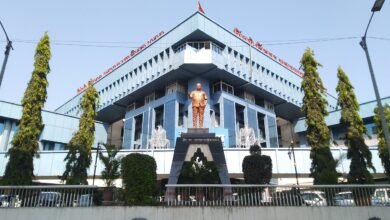
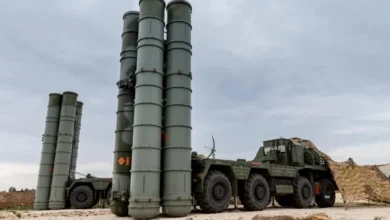
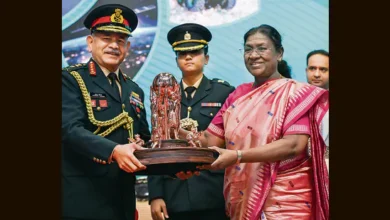
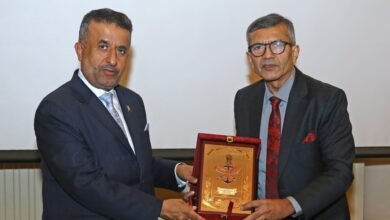
Facebook Comments